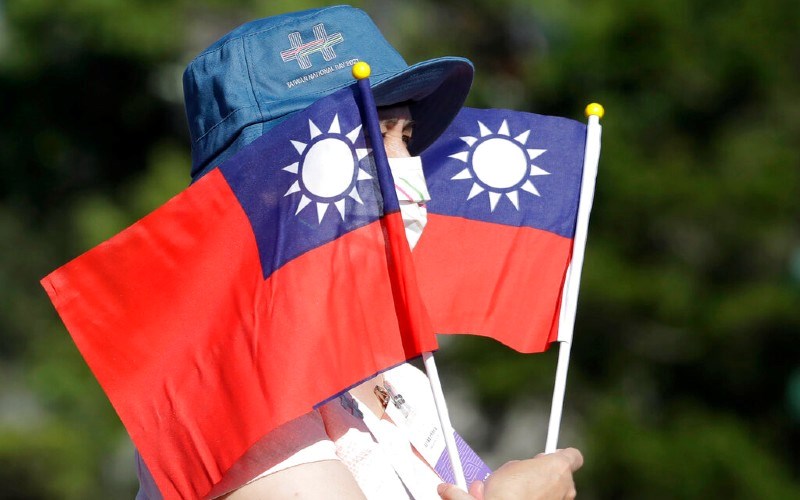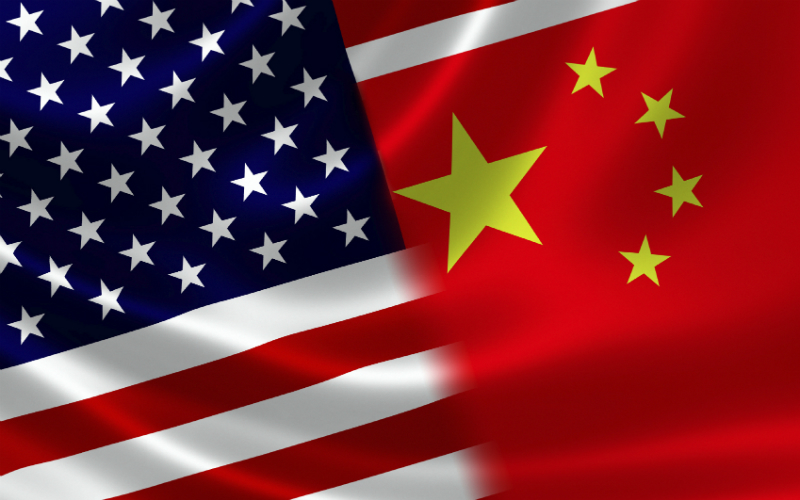Earlier this week, China's communist regime completed three days of large-scale combat exercises around Taiwan before declaring that it is "ready to fight." The Chinese military said the "combat readiness patrols" named Joint Sword were meant as a warning to self-governing Taiwan, which China claims as its own and has threatened to take by force.
The exercises, which simulated sealing off the island, were similar to ones conducted by China last August, when it launched missile strikes on targets in the seas around Taiwan in retaliation for then-Speaker Nancy Pelosi's (D) visit to Taiwan.
This time, the saber-rattling follows President Tsai Ing-wen's recent meeting with U.S. House Speaker Kevin McCarthy (R) in California as she endeavors to shore up Taiwan's dwindling diplomatic alliances in Central America and boost its U.S. support.
Military experts say the exercises serve both as intimidation and as an opportunity for Chinese troops to practice sealing off Taiwan by blocking sea and air traffic, which is a strategic option the Chinese military might pursue if it uses military force to take Taiwan.

"They're once again flexing their military muscle in an attempt to coerce and intimidate not only Taiwan, but the United States and others to not pursue any agenda that gives legitimacy or recognition to Taiwan," Kirk Lippold, a retired Navy commander, says about China.
He adds that the United States has to figure out to what point she is able to continue supporting Taiwan "in their quest to remain a free democracy."
"Taiwan also needs to start figuring out, from their perspective, do they want to remain a free democracy, or do they think they can pull a Hong Kong -- come back and be part of the fold in China but still maintain their freedoms," Lippold continues, noting, "I think everyone recognizes [that] is going to be impossible."







